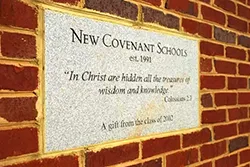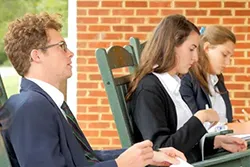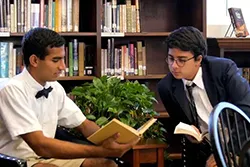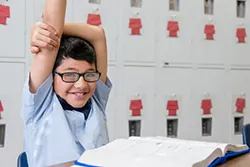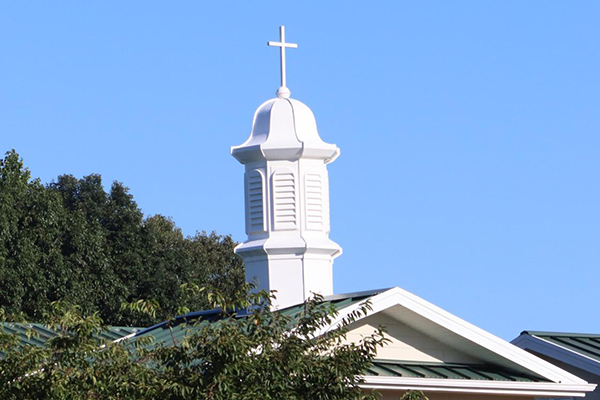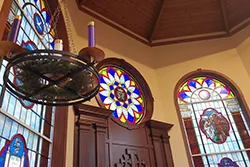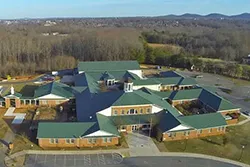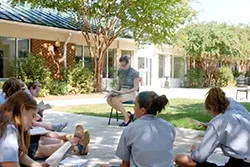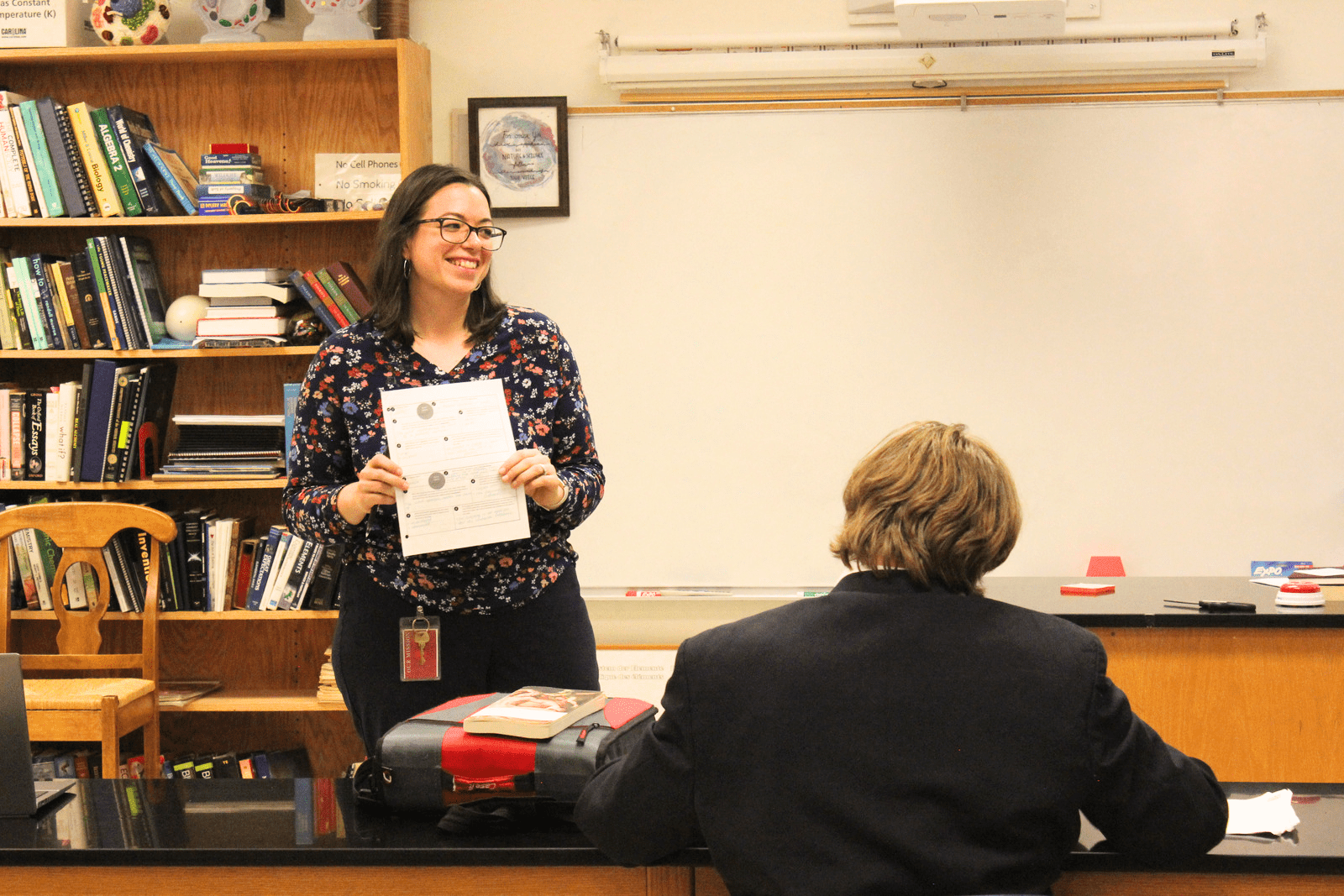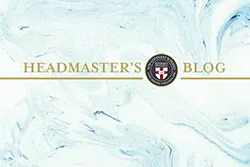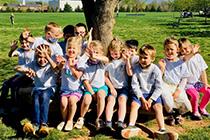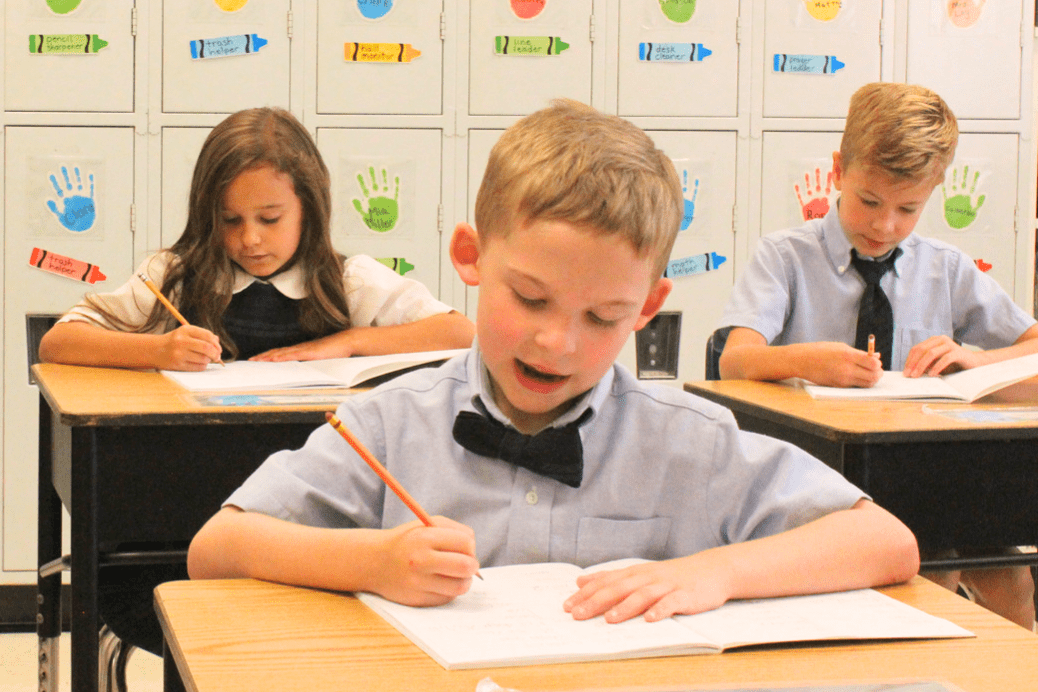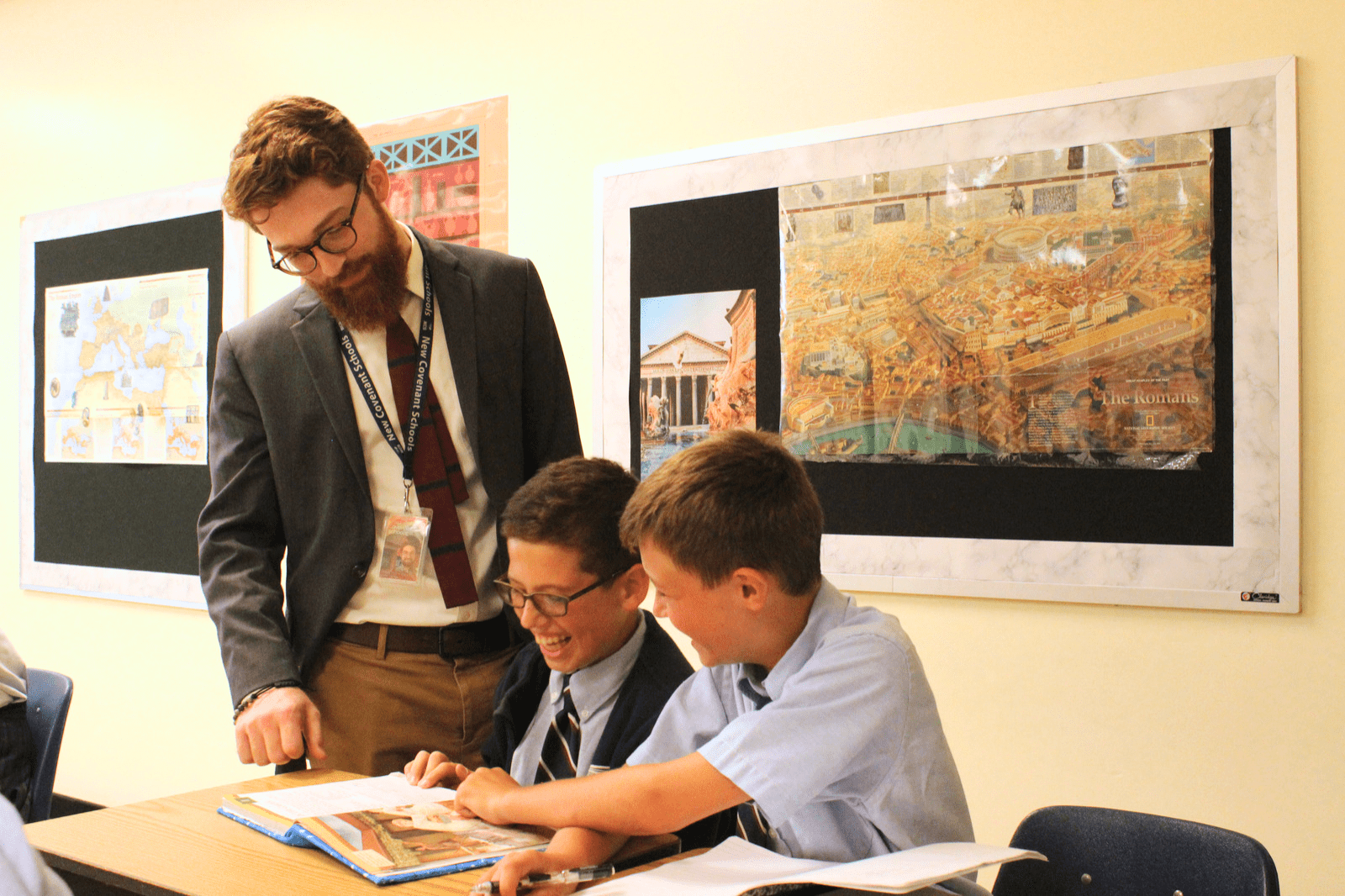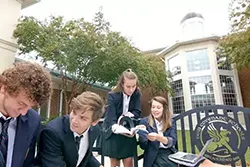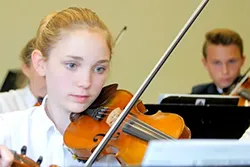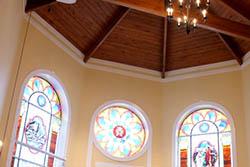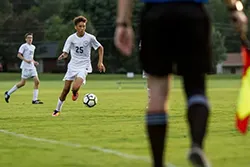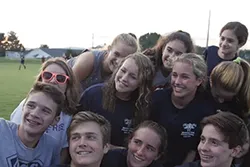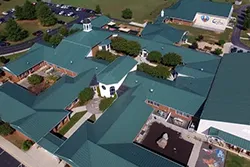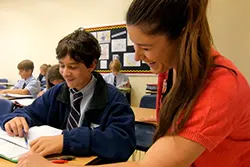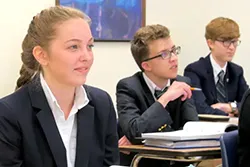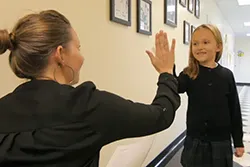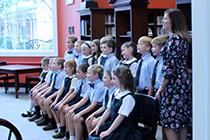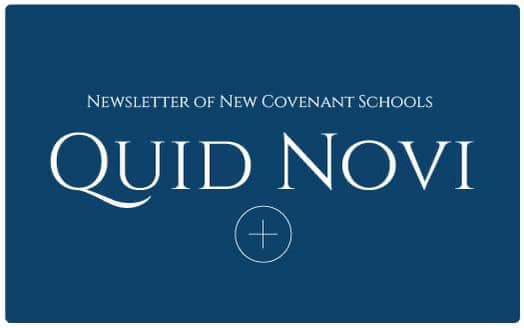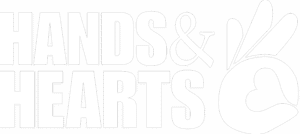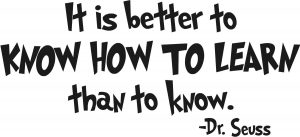 How many times have you heard someone say, perhaps even yourself, “I didn’t learn how to learn until I got to college!”? I distinctly remember my own experience as a college junior when “the lights came on,” and I realized that learning was a process that consisted of patterns and routines, disciplines and techniques – in addition to the actual content of what I was studying. I was naturally good with words, but I struggled in math, and Greek was mysterious to me for years. I realized how late I had arrived to my own studies, and how ill-prepared I was as a high school graduate.
How many times have you heard someone say, perhaps even yourself, “I didn’t learn how to learn until I got to college!”? I distinctly remember my own experience as a college junior when “the lights came on,” and I realized that learning was a process that consisted of patterns and routines, disciplines and techniques – in addition to the actual content of what I was studying. I was naturally good with words, but I struggled in math, and Greek was mysterious to me for years. I realized how late I had arrived to my own studies, and how ill-prepared I was as a high school graduate.
In her essay, The Lost Tools of Learning, Dorothy L. Sayers remarked that, “schools often excel at teaching children what to know, but fall woefully short in teaching them how to think.” The time to remedy this problem is now, while they are young. The years spent in kindergarten through senior high school are arguably far more important than higher education. During these critical years students must acquire the tools of learning, and the confidence to use them.
In addition, every generation must prepare its children for the world that awaits them. The world our children will inherit is changing rapidly. It is technically complex, its economy is global, and its peace is threatened by extreme factions in its largest religions. Western civilization is imperiled culturally and militarily.
It is impossible to know exactly how the world will change by the time our children move into adulthood. While technical skill may be seen as an important component of education, the rapidly changing world they inherit cannot be navigated without something more. We believe that students must possess an awareness of the unchanging moral, ethical, and basic human questions, girded by Christian convictions that will provide them with a moral and spiritual compass throughout their lives. A classical, Christian education, rooted in the liberal arts, is the bedrock of this preparation.
Classical education is not new. Its methods and its content have their roots in antiquity, but its aim is to form the mind and the heart. We believe that we live in a world created by God, who made us and our children in His own image. We honor Jesus Christ as the Lord of all. Although we teach classes in Bible from the earliest grades, matters of faith are not compartmentalized. Walk around our school. You’ll quickly discover a pervasive spirit of faith in our teachers and in our students.
Classical, Christian education also develops the mind. As Christians, we take academics seriously. We believe that our faith places a burden upon us to be wholehearted in our studies. We teach our children that their studies are a stewardship from God, and that to do their best is the only acceptable path.
The end of education – its “product”, to use a clumsy word – is not like the product of a factory, which can be checked for integrity by the quality control department. The result of our efforts is a human being, a child who has become a young adult.
Think of your own child, years from now, in terms of a portrait. What will he be like? New Covenant will foster curiosity. We will show him truth, goodness and beauty. We will teach prudence in word and deed. We will develop spiritual strength manifested in faith, hope and love. We will help your student encounter success with humility, and failure with confidence. Finally, we will foster eloquence in verbal and written expression.
How do we do this? We do it through a well-thought-out curriculum, of course, but our greatest “textbooks” are the men and women of our faculty, who create an environment where these virtues are celebrated and encouraged.
Whether your child is in the grammar, middle or rhetoric school, New Covenant endeavors to offer unparalleled opportunities for growth in grace and knowledge.
Menu



